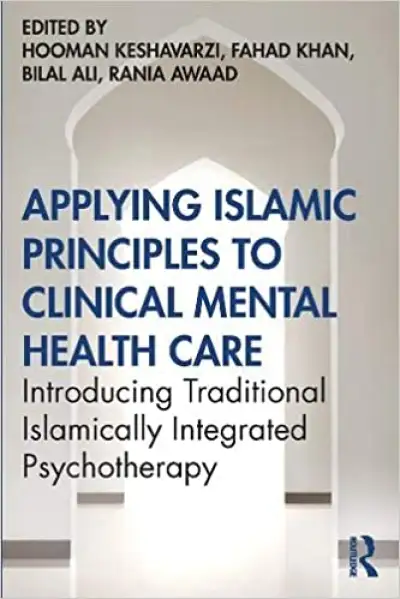You are a perfect for this training if you fit into one of the following categories:
Currently enrolled in a graduate program in related mental health fields (Counseling, psychology, social work, marriage & family therapy, etc.)
Mental health professional (therapist, psychotherapist, psychiatrist, counselor, etc.)
Chaplain with a background/training in mental health
Islamic seminary graduates with a background in psychology/mental health.
Not sure? Email us at [email protected]




